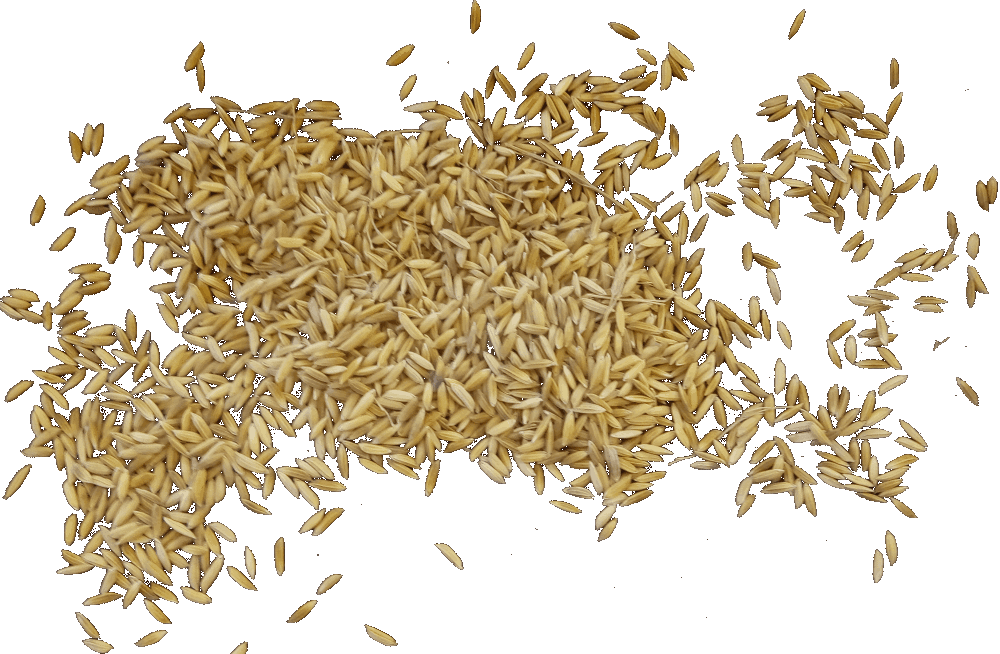Since this month we have a Malagasy teacher who teaches us at home several times a week. It makes a huge difference! Filmantra (pronounce: feeluhmantrs) insists we speak Malagasy like the locals do. That sounds logical, but she told us many foreigners learn to speak Malagasy as it is written – which is not quite how it is spoken. This ‘school-Malagasy’ sets the foreigner apart from the locals, and that is not what we want. An example: ‘I am happy’ is written: ‘Faly aho’. Pronounced as written you hear /fahlee ahoo/, pronounced as the locals do, you hear /fahlea/ (ea as in Andrea) instead. It is easy to see how you can sound ‘funny’ pronouncing words as they are written. We have noticed that – if we do a good job – our Malagasy neighbours instantly recognise what we say. Their eyes start to glimmer, a smile appears. It also makes a difference when bargaining, and that helps our finances!
The correct pronounciation takes some getting used to. In Dutch and English we try to say the whole word – in Malagasy not so. Some word endings seem to go missing completely, like in the word ‘inona’ (meaning ‘what’) which is pronounced /eenn/ with the prolonged n representing the last two syllables. Oh boy, what fun! We really love this language.
The children are taught Malagasy by us during short breaks and before and after meals. It helps both them and us, as we repeat what we have learned with them. We have found the children really need to be helped with their language, it does not come to them without effort. They enjoy their growing proficiency, as they are encouraged by our Malagasy friends and neighbours.
Another fun way we learn Malagasy is through singing children’s songs. We share our favourites with you here:
‘Tia zaza’ – a song somewhat resembling ‘Jesus loves the little children’ in lyrics.
‘Iza no namorana’ – Dani’s favourite: he loves the ‘funny’ policeman. The song is about God being the sole Creator of the earth, the water, the trees and YOU! See if you can find out which of the four he is singing about (hint: order matters).
‘Miantso anao Jesosy’ – a song somewhat more for teens and / or adults. The lyrics say that Jesus calls you and loves you. Return to Him, my friend.
But why spend so much time and effort on language learning? We are apt to believe it is necessary to minister to the people – later. On the contrary: we have learned that language learning is ministering to the people now. Through learning the language and culture we put ourselves in a humble position, as Jesus did. We position ourselves as learners and testify of the love of God, who came to this earth a helpless babe and became one with us in everything – even carrying the burden of sin on the cross. Language is the most important way to be one with the Malagasy, a means to somewhat understand our fellow man and feel what they feel, experience life as they do. During this process we will be on the receiving end for quite some time: we have not come as the know-it-alls, but as hands and feet of our Lord.
We have made a video about our language lessons. In it, Jurgen once more explains the importance of language learning. You will also meet our language teacher, see us try hard to communicate in Malagasy and help our children express themselves in this beautiful language.

